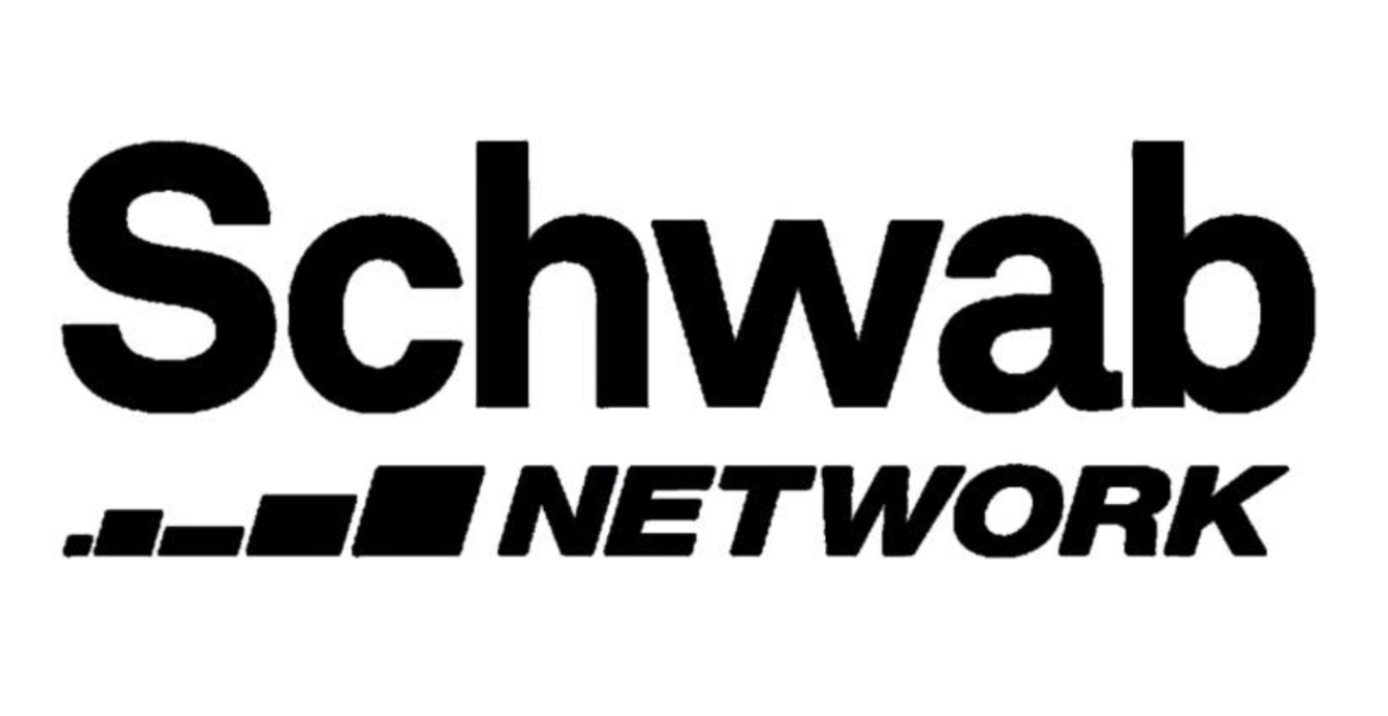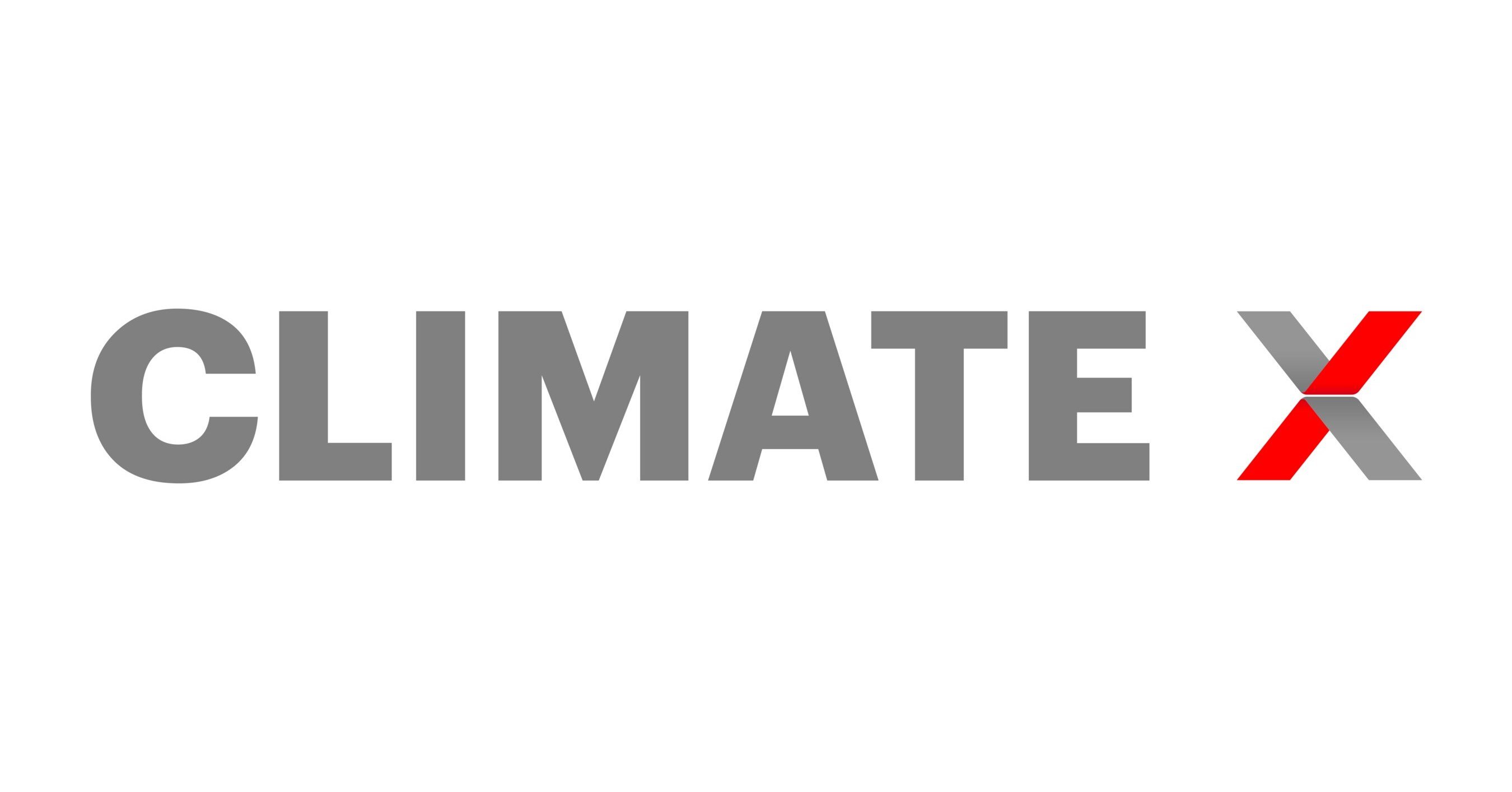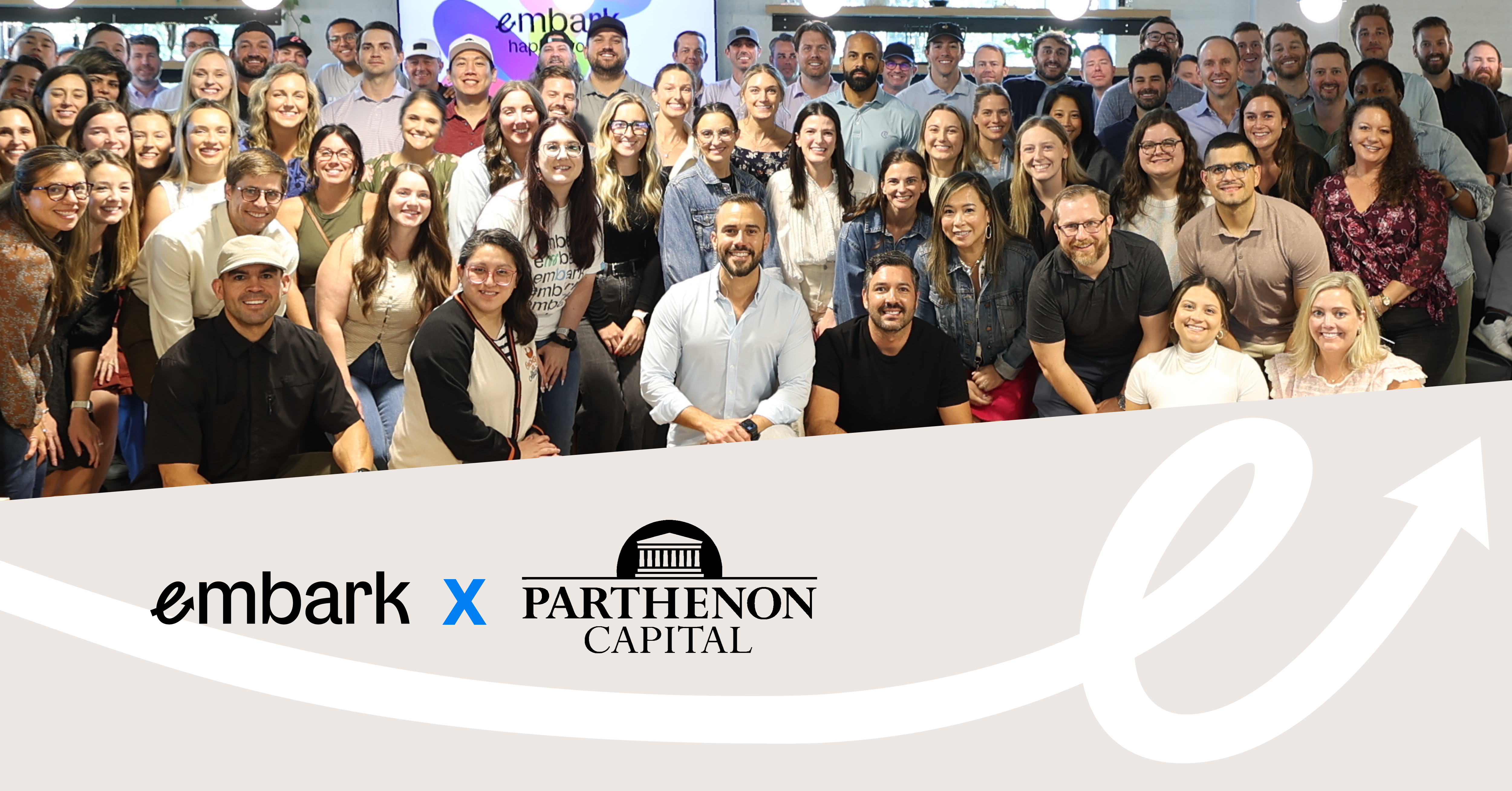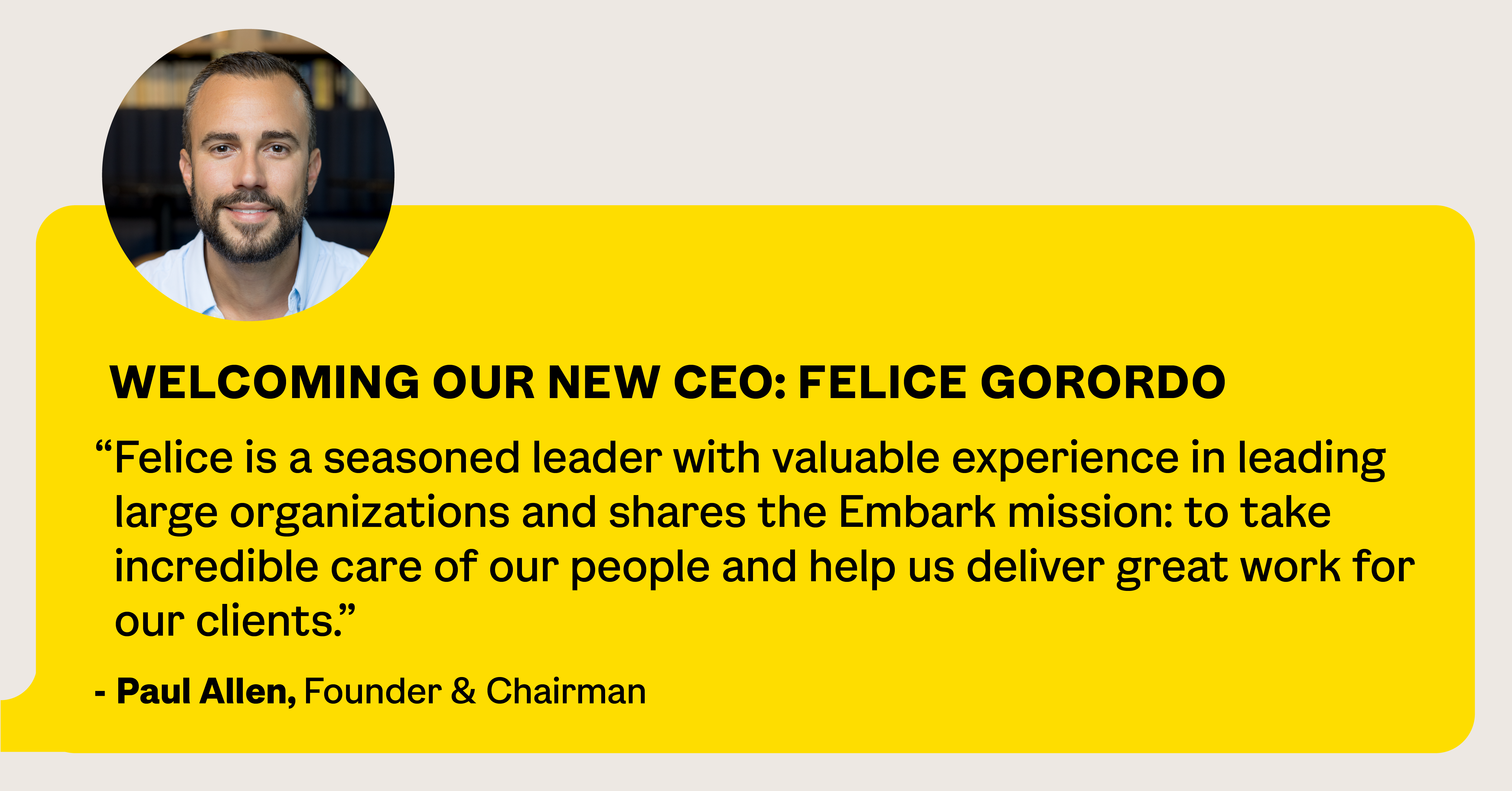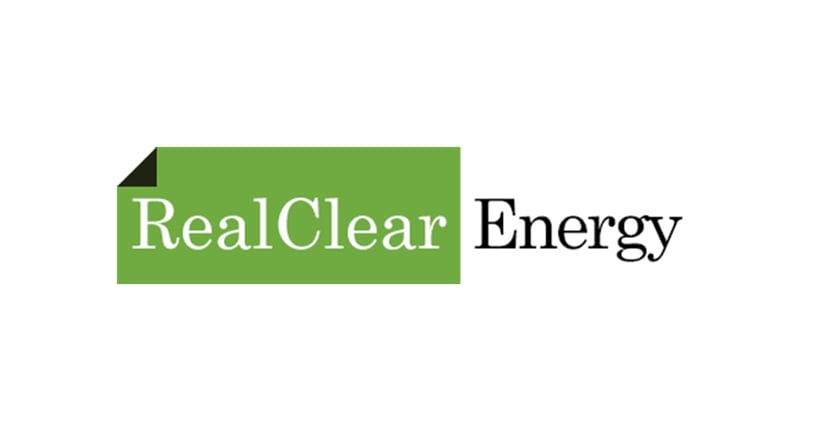
You've heard the statistic. If California were a country, it would have the fifth-largest economy in the world, trailing only the U.S., China, Japan, and Germany. In other words, California has clout and obviously isn't afraid to use it.
Case in point, two critical pieces of climate reporting legislation are now the law of the land, and they’re going to be a big deal for many companies doing business in the Golden State. But what, exactly, lies at the heart of the state’s Climate Accountability Package – specifically, CA Senate Bill (SB) 253 and SB 261 signed last month and, more importantly, what could it possibly mean for organizations and sustainability reporting?
SB 253 Requirements
SB 253 introduces several critical requirements for public and private U.S. companies conducting business in California with global annual revenue exceeding $1 billion in the previous fiscal year. By early estimations, the legislation will impact over 5,000 organizations.
Businesses in scope must disclose their annual greenhouse gas emissions – GHG – data for all three scopes in accordance with the GHG Protocol. These include:
- Scope 1 – Direct emissions from a company's owned operations
- Scope 2 – Indirect emissions associated with purchased electricity, heating, and cooling
- Scope 3 – Indirect GHG emissions across the company's value chain, including supply chains, business travel, employee commuting, procurement, waste, and water usage
Amplifying an already heightened sense of urgency, impacted companies must start reporting their Scope 1 and Scope 2 emissions in 2025 – with reporting due in 2026 – and Scope 3 emissions beginning in 2026, with reporting due in 2027. The California Air Resources Board (CARB) is tasked with adopting regulations to implement the requirements of SB-253 by January 1, 2025.
Implications of SB 253
Zooming out a bit, SB 253 can wield a mighty sword for companies falling in scope, exacting a wide range of effects on businesses, stakeholders, and the broader landscape of sustainability reporting and practices.
- It greatly enhances transparency into corporate emissions, allowing stakeholders to better assess a company's environmental impact while also promoting a sense of accountability and encouraging businesses to actively monitor and manage their emissions.
- The law puts pressure on companies to address emissions within their direct operations, supply chains, and product lifecycles. Thus, it encourages businesses to adopt sustainable practices, reduce emissions, and promote environmental responsibility across their entire value chain.
- California will make data from SB 253 emissions publicly accessible via a digital platform, providing insight and transparency into a company's carbon footprint. This will help stakeholders make better-informed decisions and facilitate comparisons across industries and companies.
SB 261 Requirements
SB 261 focuses on climate-related financial risks and similarly applies to companies doing business in the state that exceed an annual global revenue threshold. The revenue threshold for SB 261 is half that of SB 253 – or $500 million – putting the estimated number of entities impacted by the bill at over 10,000.
Further, impacted companies must disclose climate-related information biennially on their website in accordance with recommendations from the Task Force on Climate-related Financial Disclosures (TCFD), as well as any measures adopted to reduce and adapt to the climate-related risks disclosed under those recommendations.
Comparison to the SEC Proposed Climate Rule
Given the publicity the proposed SEC rule on climate change disclosures has garnered recently, many companies are drawing comparisons between the SEC and CA rules. While several similarities exist, there are some critical differences as well:
- The SEC rule is only applicable to registrants, not private companies
- SB 253 requires GHG protocol whereas the SEC does not, potentially causing organizational boundary differences in reporting emissions.
- The SEC rule only requires Scope 3 emissions when material or used as part of a registrant’s reduction targets or goals.
- The SEC proposal does not require assurance on Scope 3 emissions
“Doing Business” in the State of California
One thing to note about both SB 253 and 261 is what it means to “do business” in California, a concept that applies to the scoping criteria for both laws.
In this case, an entity is “doing business” if it meets any of the following criteria:
- Engages in any transaction for the purpose of financial gain within California,
- Organized or commercially domiciled in California
- Exceeds specified amounts of California sales, property, or payroll
Risk of Penalties and Reputational Damage
Failure to comply with SB 253 and SB 261 puts companies at risk of civil penalties imposed by the state. Perhaps even worse, non-compliance can also result in reputational damage that kneecaps credibility, stakeholder trust, and market standing for an organization. Note, however, that SB 253 does provide a safe harbor from penalties for reporting Scope 3 emissions if the disclosures are provided in good faith and with a reasonable basis.
Ultimately, the timeline for implementing and complying with the laws may present challenges for some companies. Coordinating data collection, implementing robust reporting systems, integrating sustainability practices, and documenting risk factors and processes within such a short timeframe may require substantial effort and resources. As such, companies should carefully plan and allocate resources to meet the reporting deadlines effectively.
To read the original article from RealClear Energy, click here.



